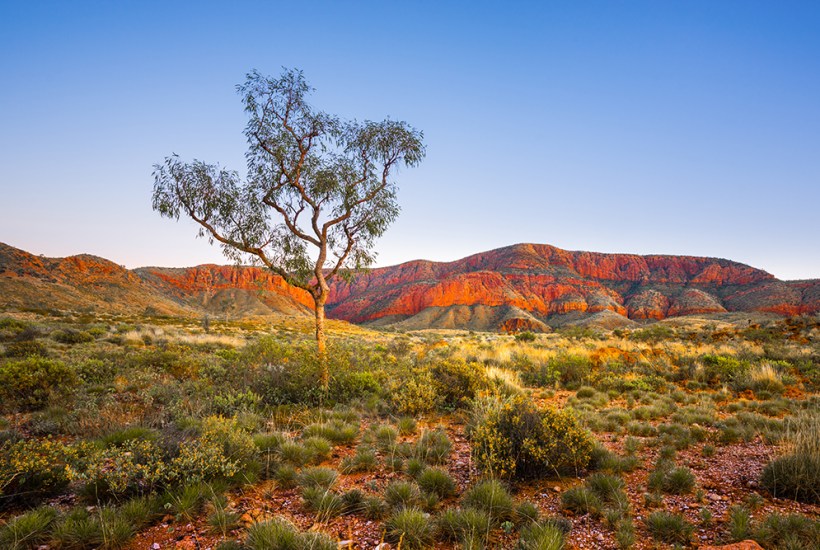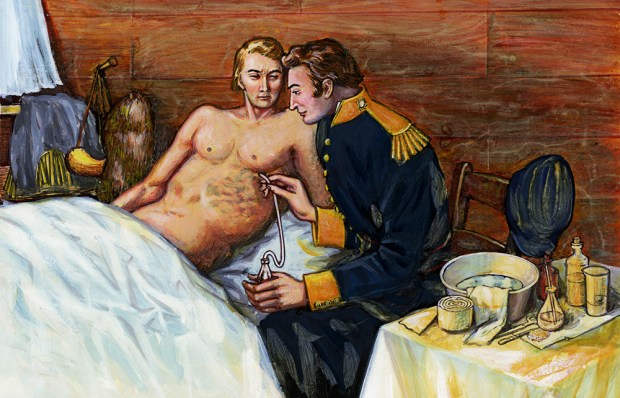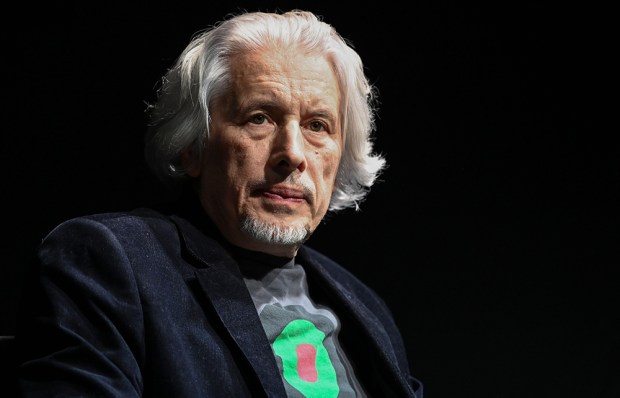Among many other prizes for her stunningly original work, Alexis Wright has won Australia’s greatest literary honour, the Miles Franklin Award, for a novel of the highest literary merit representing Australian life. It is ironic, but sadly apt, that her epic Praiseworthy should be published in the year that Australians, offered a chance to give greater political rights to their indigenous peoples, have voted not to.
Wright is an Aboriginal activist as well as a writer. Praiseworthy, which has already won the Queensland Literary Award for Fiction, is an impassioned environmental Ulysses of the Northern Territory, and not an easy read. It does not care to be. Playful, formally innovative, multi-storied, allegorical, protean and dizzyingly exhilarating, it is long, lyrical and enraged – James Joyce crossed with Gabriel García Márquez, Jorge Luis Borges, Bruce Chatwin and Arundhati Roy.
Everything blends into everything else: realism and magic realism, dream and reality, donkeys and butterflies, the Odyssey and The Wizard of Oz. There are few paragraphs, but every sentence flashes and disturbs, every chapter begins by exhorting an oracle to speak up, and behind all the linguistic power you feel the presence of a dispossessed land, despoiled by two centuries of extractive industries after millennia of careful Aboriginal stewardship, now burning.
The story focuses on the Steels, who live on the outskirts of a small town in the Northern Territory called Praiseworthy at the time of the Howard ‘intervention’, which from 2008 devastated the wellbeing of indigenous Australians. But it also slips through multiple timelines into more recent years of fake news, Trump and climate emergency. Soaring temperatures make life unbearable. Then a dust haze settles over Praiseworthy, presaging ecological catastrophe and a gathering of the ancestors. The Steels steel themselves to survive and the father sets out on a quest for a platinum donkey.
Cause Steel, also known as Widespread and Planet, has seen this mythical beast in a dream. He goes forth to find it, like an Arthurian knight after the Holy Grail, driving his dilapidated Ford through scorched bushlands, seen as ‘outback’ by his ‘omnicidal’ enemy – white government, white culture. To him, they are his ancestral home. He dreams of creating an Aboriginal-owned carbon neutral global transport industry based on Australia’s five million feral donkeys. ‘Imagine! A donkey could replace Qantas.’ Meanwhile, his wife, Dance, follows butterfly songlines across the land on her own quest for a people smuggler to take her to China so that she can reconnect with her alternative ancestral roots.
The two sons of these dreamers couldn’t be more different. Aboriginal Sovereignty is a 19-year-old dancer. Tommyhawk, a ‘government-indoctrinated robotic type of kid fascist’, spends his life on the internet, obsessing over white propaganda about Aboriginal paedophilia and a ‘White God Government Mother’, a blonde minister who, like the Good Witch in The Wizard of Oz, will waft him away from Praiseworthy. His dreams of becoming white and powerful have devastating consequences when he shops his older brother to the white authorities as a paedophile for his relationship with his fiancée, which they see as underage rape.
If it all sounds dire, the warm, salty, imaginatively beautiful narrative voice draws you in. Cause is led back to Praiseworthy by a swarm of moths. Dance watches entranced, reading ‘the text of their wings’ through light waves ‘hitting and bouncing off the ridges, ditches, rivers and crossings contained in each scale. A flight of the immeasurable, a holy epistle, a moth’s map of time.’ It’s a vision which could describe the novel itself.
Got something to add? Join the discussion and comment below.
Get 10 issues for just $10
Subscribe to The Spectator Australia today for the next 10 magazine issues, plus full online access, for just $10.
You might disagree with half of it, but you’ll enjoy reading all of it. Try your first month for free, then just $2 a week for the remainder of your first year.














Comments
Don't miss out
Join the conversation with other Spectator Australia readers. Subscribe to leave a comment.
SUBSCRIBEAlready a subscriber? Log in